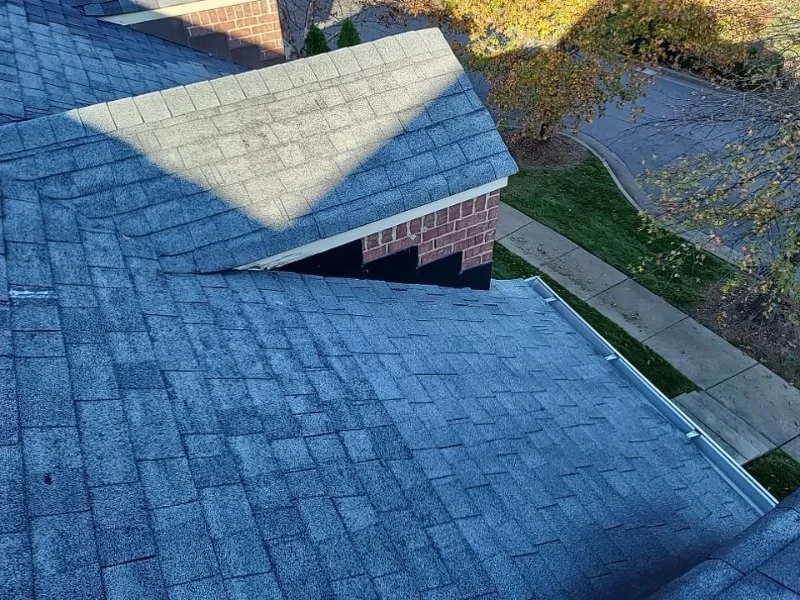
Should You Repair or Replace Your Roof? A Complete Decision Guide
- Introduction
- Signs You Should Repair Your Roof
- Signs You Should Replace Your Roof
- Cost Comparison: Repair vs Replacement
- How to Make the Final Decision
When it comes to roof maintenance, one of the most significant questions homeowners face is whether to repair or replace their roof. This decision can have a long-term impact on both your home’s integrity and your wallet. This comprehensive guide will walk you through the factors to consider, helping you determine if repairing or replacing your roof is the best option for your situation.

Holden Roofing (Houston Corporate) / holden roofing
RosenbergFort Bend CountyTexas
2128 1st St, Rosenberg, TX 77471, USA
Signs You Should Repair Your Roof
Roof repairs are often more affordable than full replacements, but they are not always the best solution. Here are some key signs that might indicate that repairing your roof is sufficient:
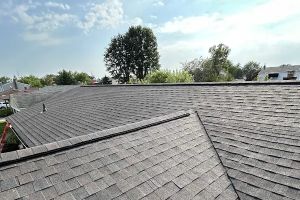
Victors Home Solutions / victors roofing
2722 E Michigan Ave suite 239, Lansing, MI 48912, USA
1. Minor Leaks
If you notice small, localized leaks in your roof, it may be possible to repair the affected area rather than replacing the entire roof. These leaks often stem from damaged shingles, flashing, or minor gaps. If the damage is contained to one small area, a repair could be all you need to restore your roof.
2. Missing or Damaged Shingles
Shingles can become cracked, curled, or missing over time due to weather conditions. If only a few shingles are damaged, a simple repair can fix the problem without the need for a complete roof replacement. This is especially true if the rest of the roof is in good condition.
3. No Major Structural Damage
If your roof does not show signs of sagging or serious structural issues, a repair may be a cost-effective solution. For instance, if the underlayment is still intact and the roof deck is not compromised, patching up damaged areas could extend the life of your roof for several more years.
Signs You Should Replace Your Roof
While roof repairs can help extend the life of your roof, there are certain circumstances where a replacement is the better option. Here are some signs that indicate it may be time for a full replacement:
1. Extensive Leaks and Water Damage
If you have multiple leaks in different areas of the roof, or if the leaks have caused extensive water damage to the interior of your home, a roof replacement may be necessary. Multiple leaks indicate that the roof’s structural integrity is compromised, and patching the issues may not provide a long-term solution.
2. Advanced Age of the Roof
Roofs typically last between 20 to 30 years, depending on the material. If your roof is near or beyond its expected lifespan, replacement is often more cost-effective than continuing to repair it. As roofs age, they become more susceptible to damage from weather, which can result in higher repair costs in the future.
3. Severe Shingle Damage
If more than 30% of your roof’s shingles are missing, cracked, or curling, it’s likely time for a replacement. Extensive damage to the shingles indicates that the roof is no longer providing adequate protection against the elements and that a full replacement would be a more reliable solution.
4. Sagging or Structural Issues
If you notice sagging areas or see daylight through the roof boards, this is a sign that your roof’s structure has been severely compromised. A sagging roof indicates that there may be water damage to the underlying materials, and in these cases, a full replacement is often the only viable option.
Cost Comparison: Repair vs Replacement
The cost of repairing a roof versus replacing it varies widely depending on the extent of the damage, the material of your roof, and your location. Generally, repairs are significantly cheaper upfront, but if the underlying issues are extensive, the costs of continual repairs can add up over time. Replacing a roof may have a higher initial cost but can offer long-term savings by preventing ongoing repairs and improving the home’s energy efficiency.
Cost of Repairs
Typical roof repairs may cost anywhere from $150 to $1,000 or more, depending on the severity of the damage. Smaller repairs, like replacing a few shingles or fixing a leak, can be relatively affordable. However, if the repair requires major structural work, such as replacing large sections of the roof deck, costs can escalate quickly.
Cost of Replacement
A full roof replacement can range from $5,000 to $15,000 or more, depending on the size of your roof, the materials used, and your location. While the upfront cost is higher, a new roof can last anywhere from 20 to 50 years, depending on the material, and will likely save you money on repairs in the long run.
How to Make the Final Decision
Deciding between repairing and replacing your roof requires careful consideration of the roof’s age, condition, and your long-term goals for the property. Here’s a guide to help you make the best decision:
1. Assess the Roof’s Age
Start by evaluating how old your roof is. If your roof is over 20 years old and experiencing significant damage, replacement is often the better choice. If the roof is younger and the damage is minimal, a repair can extend its life.
2. Evaluate the Extent of the Damage
Next, assess how widespread the damage is. If the issues are isolated to one small area, a repair is likely sufficient. However, if there are multiple leaks, extensive shingle damage, or structural problems, a replacement may be necessary.
3. Consider the Cost of Repairs
Determine the total cost of the necessary repairs. If the repairs will cost more than half of the price of a new roof, it may be more cost-effective in the long run to replace the roof rather than continuing with costly repairs.
4. Think About Long-Term Investment
Finally, consider how long you plan to stay in your home. If you’re planning on living there for many more years, investing in a new roof can provide peace of mind and reduce future maintenance costs. If you’re planning to sell soon, a roof replacement can increase the value of your home and make it more appealing to buyers.
If you're unsure which option is best for your roof, consulting with a professional roofing contractor can provide valuable insights and help you make the most informed decision. For expert advice and top-quality roofing services, visit Pro Found Roofing.

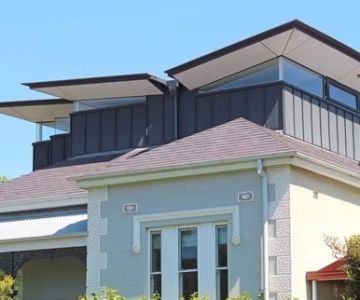
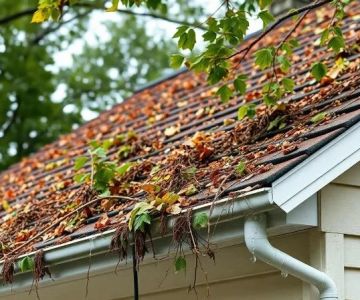
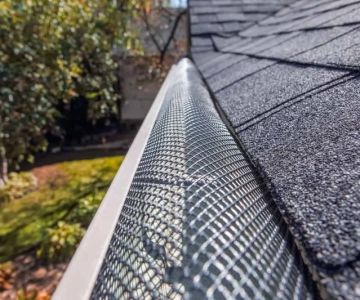
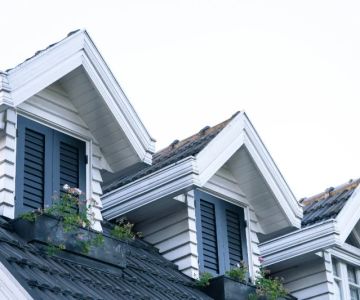
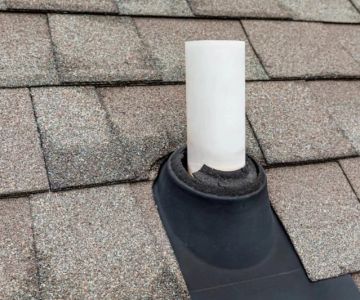
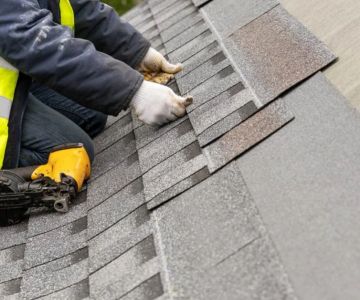
 Bahr Brothers, LLC4.0 (10 reviews)
Bahr Brothers, LLC4.0 (10 reviews) Smart Roofing Systems Inc4.0 (22 reviews)
Smart Roofing Systems Inc4.0 (22 reviews) PNW Roofing & Crawl Space Insulation LLC5.0 (93 reviews)
PNW Roofing & Crawl Space Insulation LLC5.0 (93 reviews)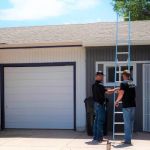 Aspen Roofing & Exteriors, Inc4.0 (9 reviews)
Aspen Roofing & Exteriors, Inc4.0 (9 reviews)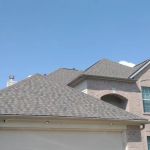 Big Star Roofing and Restoration, LLC4.0 (7 reviews)
Big Star Roofing and Restoration, LLC4.0 (7 reviews)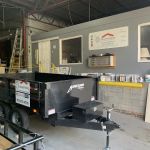 Accurate Roofing Design Consulting services LLC4.0 (5 reviews)
Accurate Roofing Design Consulting services LLC4.0 (5 reviews)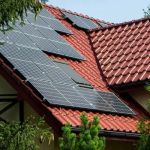 The Environmental Impact of Your Roofing Choices
The Environmental Impact of Your Roofing Choices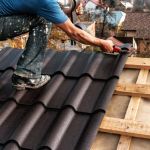 Common Mistakes Homeowners Make During Roof Repairs
Common Mistakes Homeowners Make During Roof Repairs How to Deal with Roofing Scams and Avoid Contractor Fraud
How to Deal with Roofing Scams and Avoid Contractor Fraud Best Time of Year to Replace or Repair Your Roof in the U.S.
Best Time of Year to Replace or Repair Your Roof in the U.S.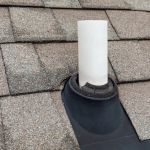 How to Spot and Repair Damage to Roof Vents and Vent Flashing
How to Spot and Repair Damage to Roof Vents and Vent Flashing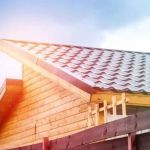 The Best Time of Year to Replace Your Roof for Ideal Weather and Pricing
The Best Time of Year to Replace Your Roof for Ideal Weather and Pricing